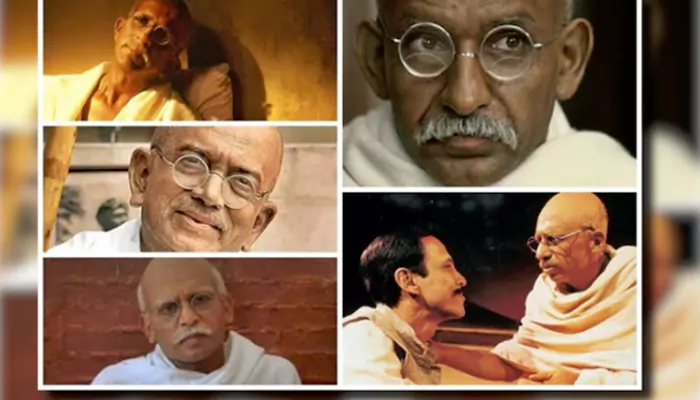Birthday Special: Top 10 Lucky Ali Songs That Defined a Generation and Still Resonate Today
- Gurpreet
- 5 months ago
- 3 minutes read

On his 67th birthday in 2025, let’s take a look at songs that not only defined a generation but continue to echo across playlists even today.
Few voices in Indian music are as instantly soul-stirring as Lucky Ali’s. Known for his husky voice and heartfelt simplicity, Lucky Ali has managed to carve out a space for himself in the 1990s and early 2000s. While Bollywood at the time was dominated by loud, melodramatic numbers, his music brought introspection, and an almost spiritual quality.
On his 67th birthday in 2025, his tracks, whether from his solo albums or film contributions, still resonate today. They speak of love, longing, journeys, and the human spirit, which make his artistry evergreen.
O Sanam (Sunoh, 1996)
Perhaps his most iconic song, O Sanam is considered his musical signature. Released in the mid-1990s in his debut album Sunoh, the track was a revelation in the Indian music scene, and turned out to be an anthem for young people experiencing love and heartbreak. Decades later, it still is one of the most-streamed indie songs from India.

Na Tum Jaano Na Hum (Kaho Naa... Pyaar Hai, 2000)
Lucky Ali made his venture into Bollywood with the romantic ballad from Hrithik Roshan and Amisha Patel’s debut film, and the track, discovering love at the turn of the millennium, turned a hit. The track’s poetic lyrics and Ali’s unique vocal delivery makes it different from other Bollywood songs of its time.
Ek Pal Ka Jeena (Kaho Naa... Pyaar Hai, 2000)
The upbeat number was energetic, and became synonymous with Hrithik Roshan’s star-making dance performance. With his depth and playfulness, the song emerged to be a staple at college fests and parties for years to come.
Gori Teri Aankhen (Sunoh, 1996)
Another track from his debut album, Gori Teri Aankhen captured the innocence and magic of love, and showcased Lucky Ali’s ability to tell relatable stories through music.
Kitni Haseen Zindagi (Aks, 2001)
This underrated song from the film Aks highlights his range as a playback singer, and reflects on life’s fleeting beauty. In fact, Ali’s voice added layers of meaning to even the simplest lyrics.
Tere Mere Saath (Sunoh, 1996)
This number was loved deeply with young listeners of the 1990s. The romantic yet pensive number reinforced Lucky Ali’s reputation as a singer.
Aa Bhi Jaa (Sur – The Melody of Life, 2002)
Ali’s performance in Sur was both a playback singer and an actor. Aa Bhi Jaa, a haunting melody, is often considered the highlight of the film, and remains one of his most powerful pieces.
Safarnama (Tamasha, 2015)
Even decades after his initial rise, Lucky Ali proved his timelessness with Safarnama in Imtiaz Ali’s Tamasha. The song captured the film’s themes of self-discovery in the most appropriate way.
Dekha Hai Aise Bhi (Sifar, 1998)
From his second album Sifar, the track highlighted Lucky Ali’s introspective style, and his conventional ideas of love and life. The song remains a cult favorite among serious music lovers.
Jaane Kya Dhoondhta Hai (Sifar, 1998)
Another classic from Sifar, the track reflected Ali’s ability to capture existential themes, and is loved by listeners who turn to music for reflection and solace.
Lucky Ali’s appeal lies in minimalist arrangements, poignant lyrics, and distinct voice provided listeners with authenticity. As Lucky Ali celebrates his birthday, his legacy remains unmatched, and he is more than just a singer—he is a storyteller, a poet, and a cultural touchstone.












